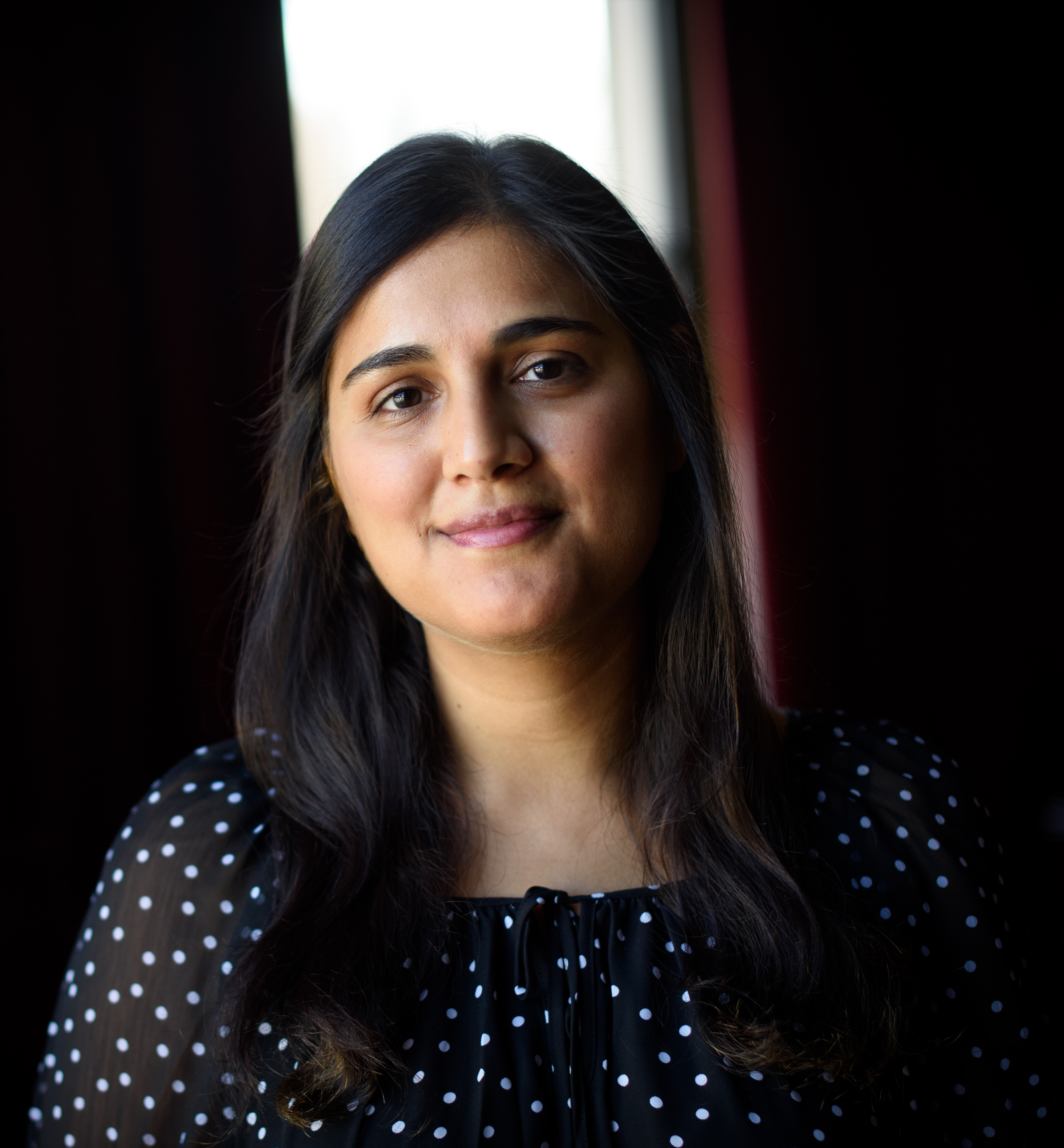I'm an Assistant Professor in Computer Science & Engineering at the University of Minnesota.
I am also affiliated with the GroupLens Research Lab, a group of HCI faculty and students in the department.
My research areas are human-centered artificial intelligence, explainability and interpretability, and hybrid intelligence systems.
I study these areas in two ways: (1) critically evaluating existing systems and tools on meeting their intended goals;
and (2) designing and building new systems that leverage human-centered cognitive, social, and organizational norms for human-machine collaboration.
I apply these methods in a variety of domains, including exploratory data analysis, workplace wellbeing and productivity,
knowledge search and sensemaking.
I received my Ph.D. in Information and Computer Science & Engineering from the University of Michigan, where I was co-advised by
Cliff Lampe and Eric Gilbert.
Latest News
August 2025: Paper on a Socratic LLM system for improving multi-perspectivist data annotation accepted to CSCW.
Very excited to discuss the potential for positive use-cases of LLMs like this one.
April 2025: Paper on modeling XAI use based on people's personality, prior experience, and demographics accepted to FAccT.
We hope this is a conversation starter for the measurement challenges related to user characteristics for XAI.
January 2025: Paper on a cross-level comparison of Generative AI use in design accepted to CHI. We present qualitative results from comparing how
students and professionals use generative AI, and outline a rift in the value system of these stakeholders which is driven by their expertise differential in practice.
October 2024: Many thanks to Google for funding my research with an Academic Research Award.
September 2024: Welcoming my first PhD students to the lab: Anna Martin-Boyle and
Malik Khadar!
June 2024: Grateful to Microsoft and TikTok for their research funding gifts.
August 2023: Started my new position as a tenure-track faculty at the University of Minnesota. Excited to
teach a research seminar on Human-Centered AI this Fall.
May 2023: Successfully defended my dissertation!
August 2022: FeedLens accepted to UIST.
We present results from applying our polymorphic lenses technique to Semantic Scholar, improving engagement and exploration for literature search.
June 2022: Paper on Sensible AI accepted to FAccT.
We propose an alternate framework for interpretability and explainability grounded in sensemaking theory from organizational studies.
Feb 2022: Paper on comparing Automatic Emotion Recognition technology and self-reported affective profiles
accepted to CHI.
Upcoming Travel
October 18 - 23, 2025: Bergen, Norway (CSCW)
June 29 - July 4, 2025: Wadern, Germany (Dagstuhl Seminar)

